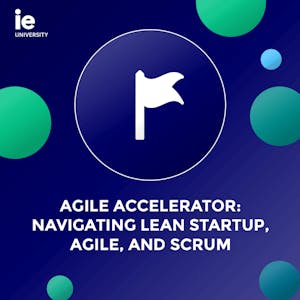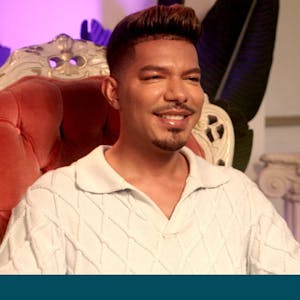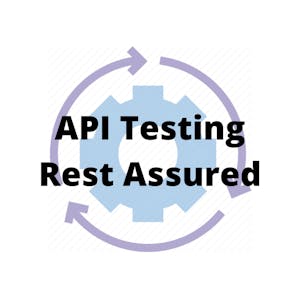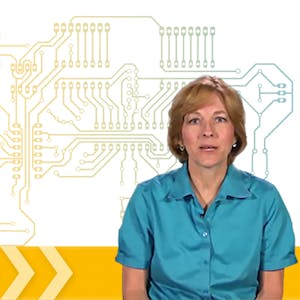Knowing the Universe: History and Philosophy of Astronomy
About this Course
This is an introductory level course about the history and philosophy of astronomy, the oldest science. We\'ll look at how humans learned to ask questions about the universe, and even before the invention of modern instruments like the telescope, learned some amazing things about their place in nature. We will start with prehistoric cultures who kept accurate calendars and move through the time of the Greek philosophers who laid down the rudiments of logic and mathematics and the modern scientific method. We\'ll then examine the revolutions of Copernicus, Galileo, and Newton that redefined our place in the universe. We will then learn about the revolutions in physics in the early 20th century that redefined our ideas of space and time, mass and energy. Finally, we will discuss how modern cosmology has shown us that we live in an ancient universe (14 billion years old), in one galaxy in a universe of hundreds of billions of galaxies. At the end, will ask questions that don\'t necessarily have answers. What came before the Big Bang? Is there anything outside our universe? What is reality? We\'ll finish by looking at the role of life in the universe and ask whether the earth is the only place with biology on it.Created by: University of Arizona
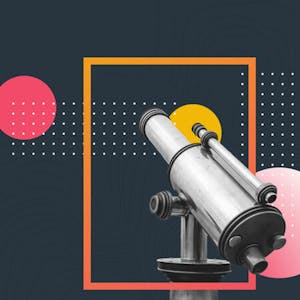
Related Online Courses
This short course is aimed at students or professionals who would like to learn how to apply Agile methodologies to their projects or to their own business contexts to shorten the project... more
Take your ethical hacking knowledge to the next level with this intermediate course designed for aspiring cybersecurity professionals. Begin with active information gathering and port scanning,... more
Take your skills to the next level with \'Mixing and Completing Your Music Production.\' This comprehensive course covers the essential processes of transforming raw recordings into a polished demo... more
RestAssured is one of the best test automation tools to test APIs with Java programming language. It\'s an open-source tool and is very easy to code using Rest Assured. It also integrates easily... more
This course introduces students to the basic components of electronics: diodes, transistors, and op amps. It covers the basic operation and some common applications.Created by: Georgia Institute of... more

